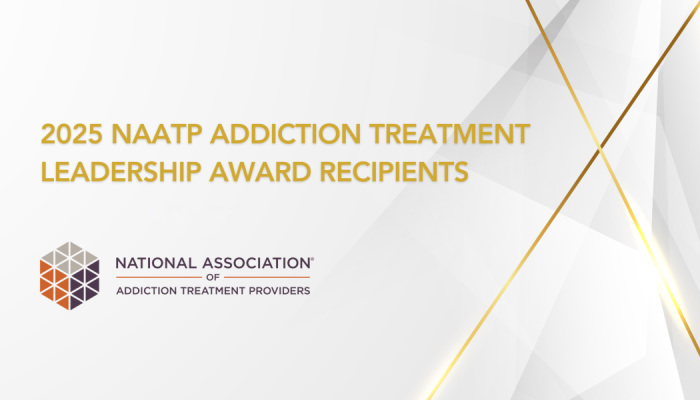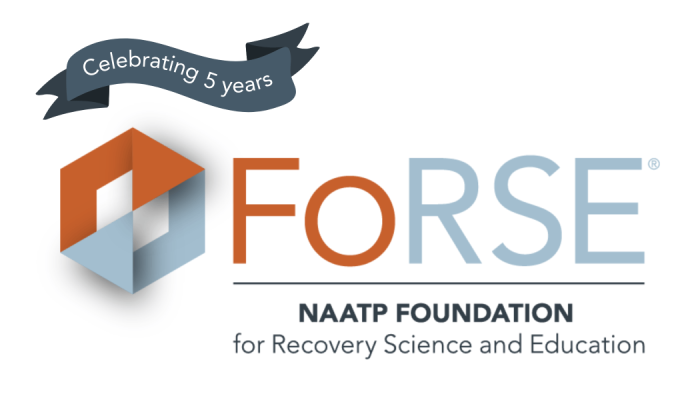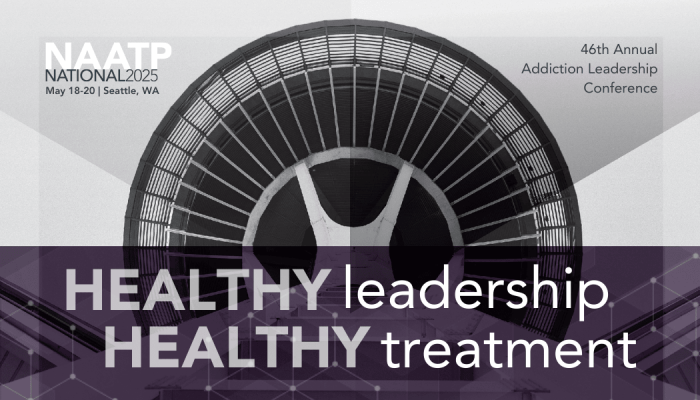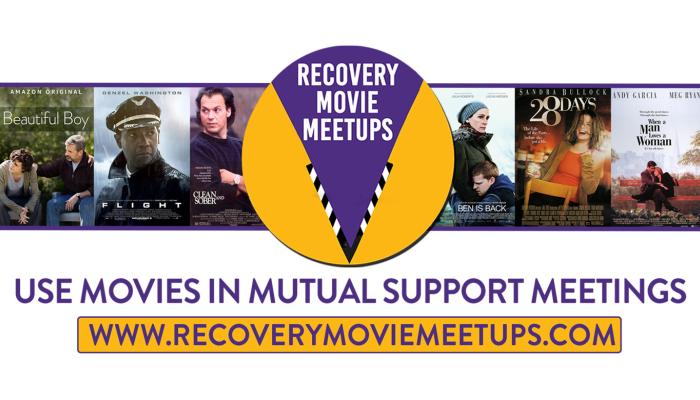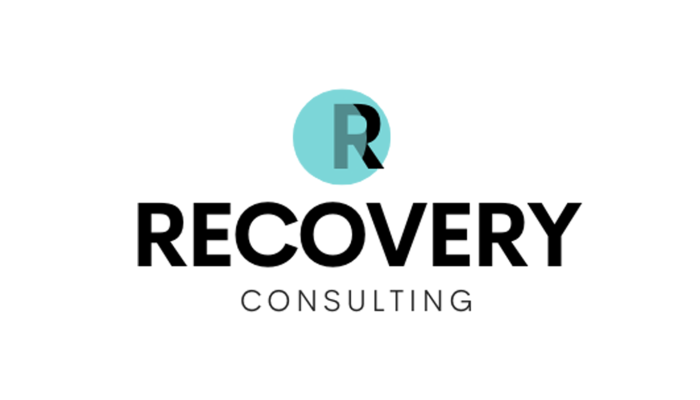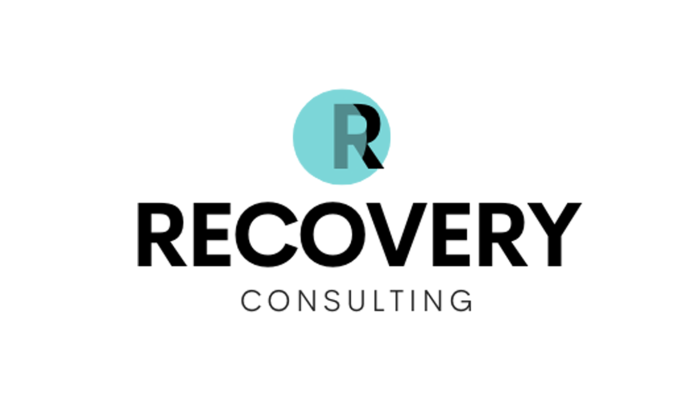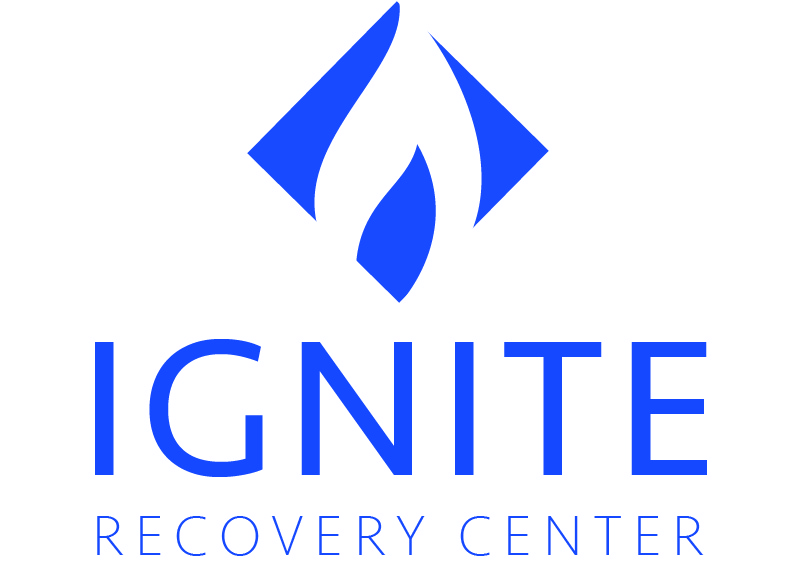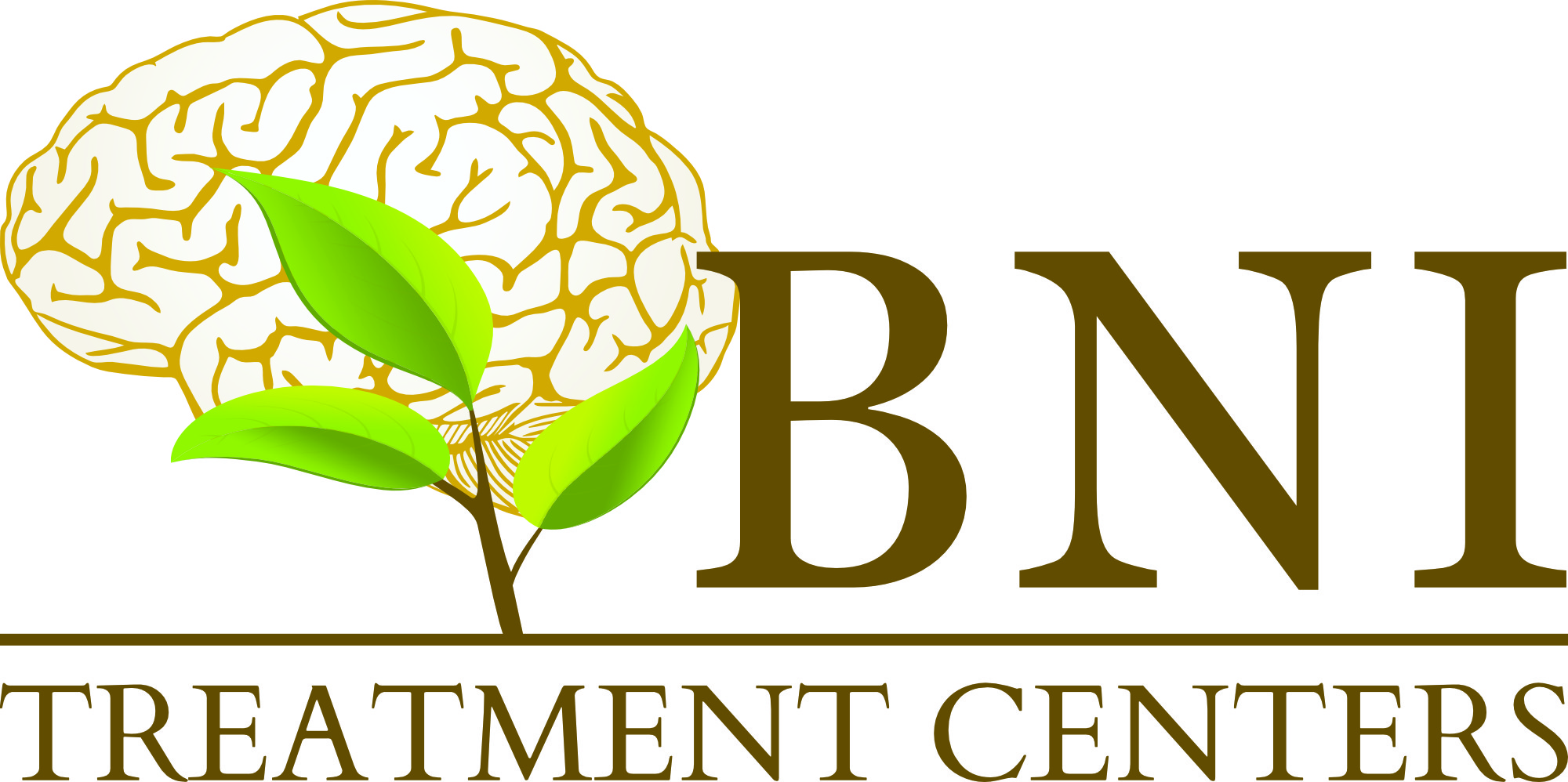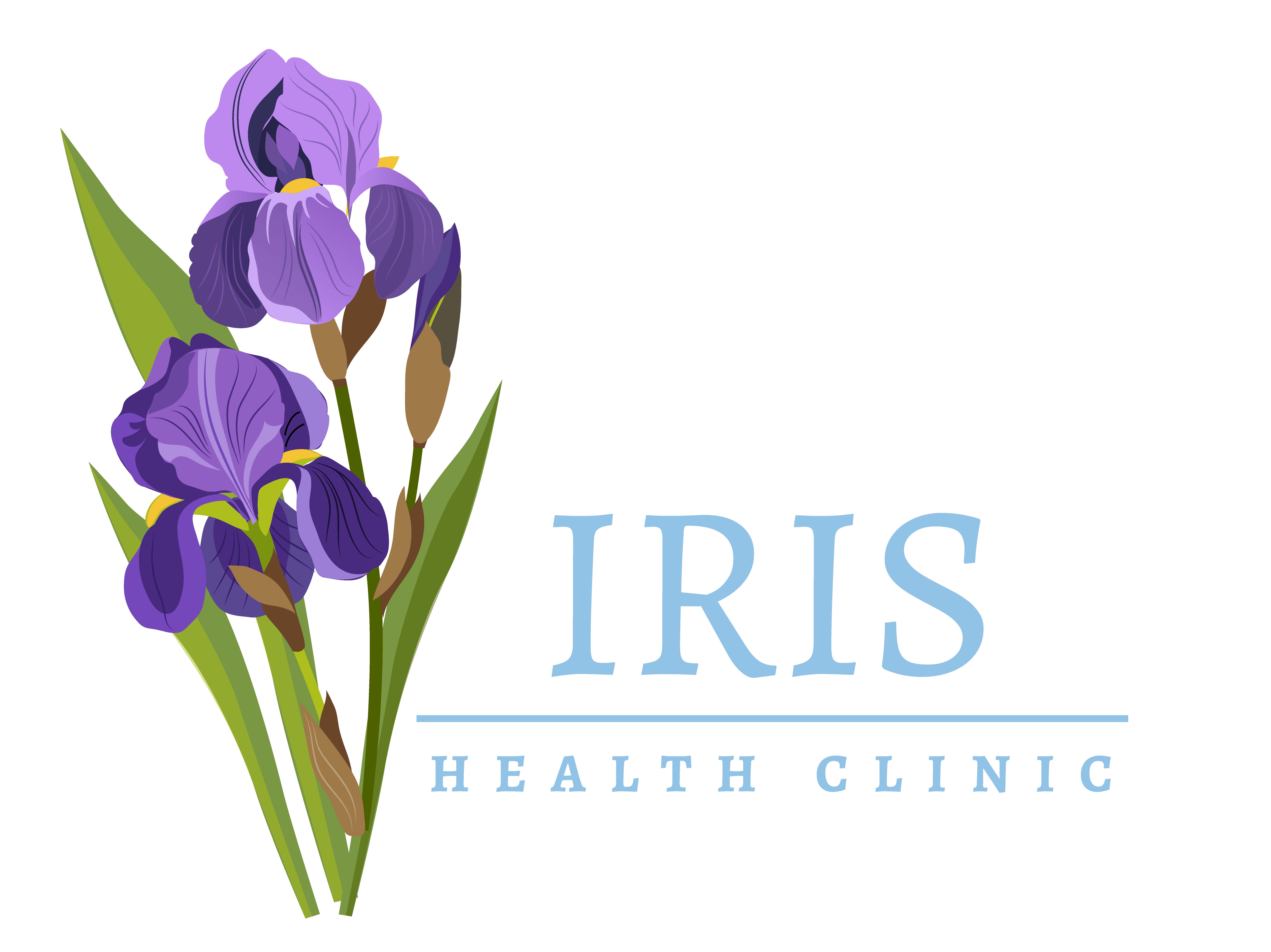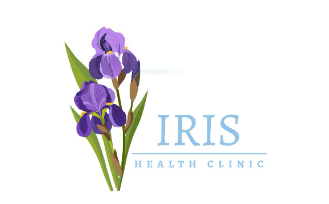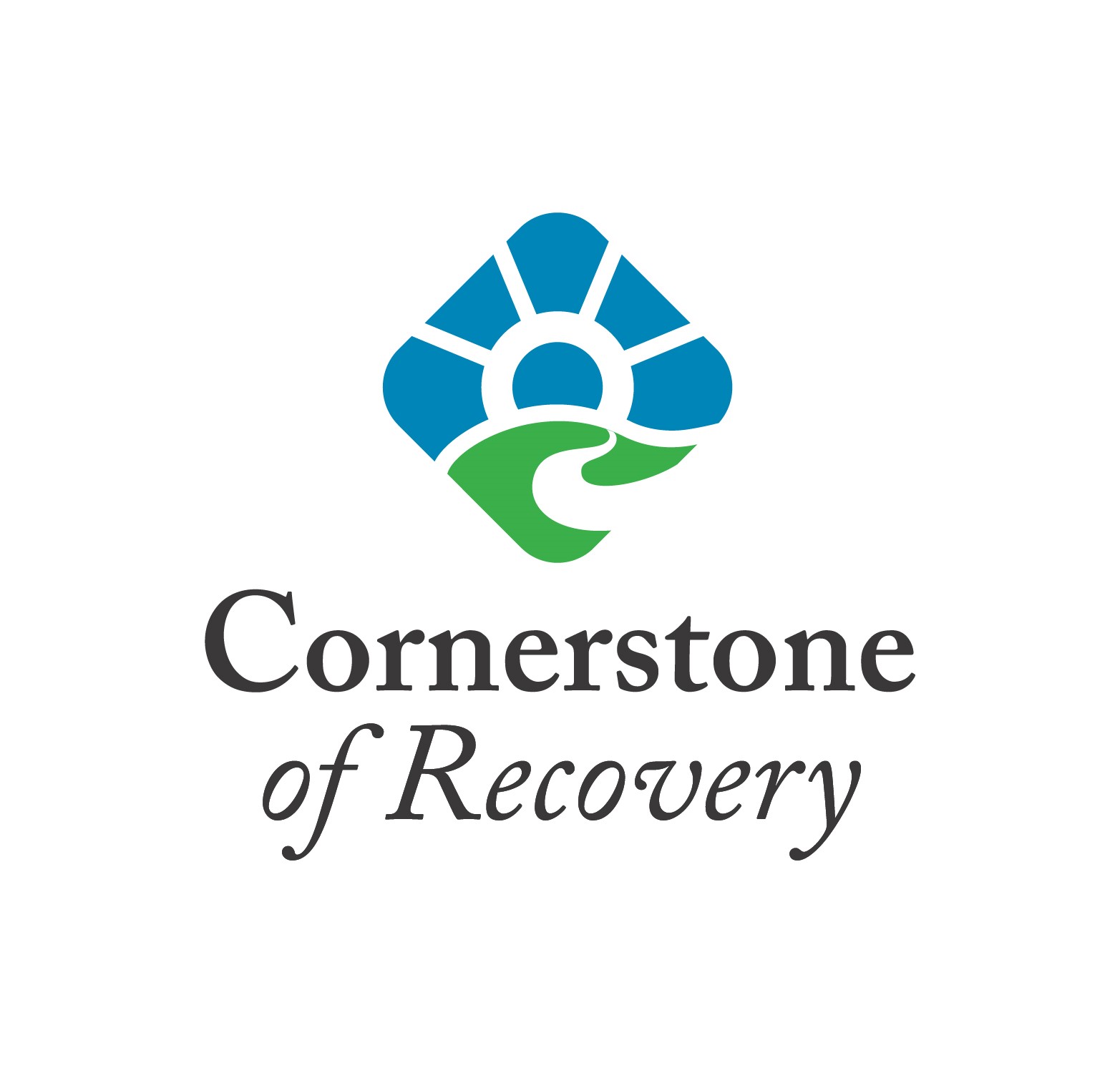Addiction, or substance use disorder (SUD) is a serious social, economic, and public health crisis that is not adequately addressed in public policy or treatment delivery. It is a primary and chronic disease, centered in the brain, with psychological and social components.
Before considering treatment, it’s important to have a thorough understanding of how addiction, also called substance use disorder (SUD), affects the brain. The National Association of Addiction Treatment Providers recognizes addiction as a disease with psychological and social components, not a lack of willpower or an acute, behaviorally-centered condition. Become educated about drugs of abuse and the statistics surrounding them, and learn how to tell when someone may have a substance use disorder.
The annual 'economic burden' of alcohol and illicit drug misuse in the US is estimated to be $442 billion.
Key Statistics & Drugs of Abuse
Drug misuse is the use of illegal drugs or the improper use of legal/prescribed drugs for a purpose other than what they were intended. When misused, the following common drugs may lead to physical, psychological, spiritual, and relational problems, as well as other drug-related risks. In some cases, substance use disorder (SUD) may develop.
Learn more >
The Science Behind Addiction
Historically, substance misuse has been wrongly viewed and mistreated as an acute, behaviorally-centered condition. However, the scientific community now recognizes addiction as a primary & chronic disease that is centered in the brain with psychological & social components.
Learn more >
Warning Signs of Substance Use Disorder
A substance use disorder impacts the body (physical dependence), brain and behavior. If you or someone close to you develop these signs, it is wise to consult a physician or addiction treatment professional to obtain a diagnosis and seek appropriate treatment.
Learn more >
Combatting the Stigma Surrounding Addiction
Making a few changes in how we talk about substance use disorders and how we perceive those who struggle from it can make a meaningful impact on those who need help. Learning the facts and having open conversations about alcohol and drug use and their consequences can reduce the isolation and internalized shame caused by stigma.
Learn More >
Find Trusted Treatment Providers Near You
CDC Tips From Former Smokers Program Information
CDC’s Tips From Former Smokers® campaign is the only national media campaign focused on inspiring the 7 in 10 American adults who smoke and want to quit. Tips® features real people—not actors—suffering from the health consequences of smoking and secondhand smoke exposure. It connects people who smoke with resources, including a free quitline, 1-800-QUIT-NOW, to help them quit.
Learn More >
Fentanyl Education Resources Available in 12 Languages - Addiction Policy Forum (APF)
In a large-scale effort to make fentanyl and counterfeit pill education resources available to non-English speaking communities, The Addiction Policy Forum today released fentanyl educational resources translated into 12 different languages. The video explainer, Facts about Fentanyl: Understanding the Risks, provides important information on counterfeit pills, the risks of fentanyl exposure, and steps communities and families can take to prevent overdose and substance use disorders.
Learn More >




